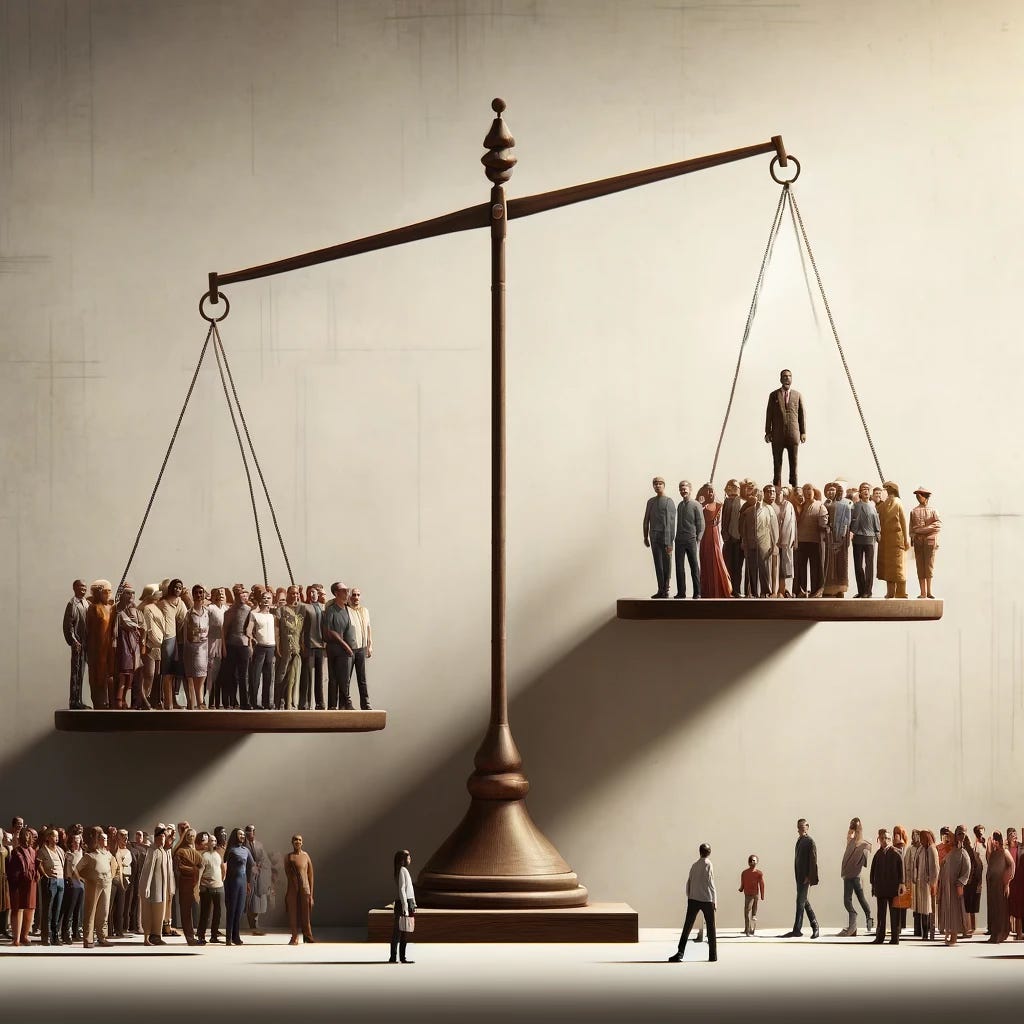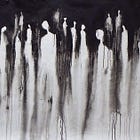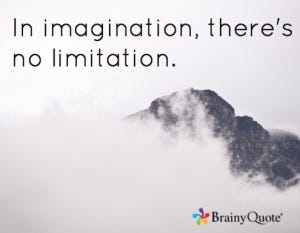Biases Reach Conclusions but We Should Still Question How We Got There
Humanity’s Values is a reader-supported publication. Please consider subscribing as a way of supporting the delivery of the content you’re appreciating. Also, feel free to share and expand the community of reflective critcism.
From Algebra days, the shortest route from point A to point B is a straight line. Stopping off at any places along the way just adds to the journey and besides, don’t you really just want to get to your destination? Unfortunately, for anyone who has gone on a cross-country trip and really likes small towns, sticking only to the highways ignores a great deal and there’s a fair share of really fun things to see.
Thing is, we’re all in a hurry, and our brains aren’t really interested in finding out truths so much as finding the shortest route from A to B that allows the attached meatsuit to feel like it has a modicum of control over its life. That means finding a route that suppors continuity and the feeling of being right. In other words, shortcuts.
Shortcuts, roads or mental, are inevitable, and, for the majority of our experiences, an acceptable part of everyday living. However, our mental shortcuts, or heuristics, make it impossible to consider every nuance of our experiences. Hell, even using the word “experience” is sneaking in a confabulation, since it’s not as if any of us are consciously and actively creating our experiences. They simply are. We don’t engage with life based on data points, we are embedded in the structures, those that give us structure, but also those that undergird society, families, and so on, often in ways we’re not aware of being influenced by.
Shortcuts, biases, cognitive hueristics, whatever you want to call them, they make our mental lives capable of working. Otherwise, we’d be inundated with so much data to parse out, the only experience we’d have is some version of the spinning rainbow of death on an Apple computer. Instead, we live our lives, engage in the co-creative activity of communication, and if it were pointed out that some or much of what we hear is not the whole truth most of us would shrug and explain, the whole truth simply takes too much time and energy to understand. Frankly, for most of the time, we know enough to get by. This doesn’t mean we’re right all the time, it just means what we’re wrong about doesn’t usually jostle us out of the benign narcicissm that runs humanity. Rather, we parse out our energy to focus on the things that matter and take on trust much of what we hear. But those shortcuts, our biases, are still there, and regardless if they exist largely to let us be something other than mental soup cans, they limit what we grasp in our knowing.
In Trust, We Abide
Consider trust, where essentially it boils down to a form of authority acceptance. We accept that the other person has, in a given context, a greater possession of contextually-derived and relevant truth than we currently do. Whether it be a teacher, scientist, minister, politician, or simply the person we're currently listening to, we trust what is said. This decision to trust, itself a shortcut, is itself based on a shortcut as well, one that declares trust being easier when it’s connected to a person aligned with or supportive of our view of the world. In other words, trust in authority is essentially a manifestation of confirmation bias funneled through an identity.
The selection process for determining our authority figures is based on unconscious biases, how and where we grew up, what relationships have shaped our attachments, and our educational backgrounds (to name but a few variables). We call this process our “gut” feeling, and while it is often wrong, our mind's self-servingly reminds us of the times we were right, and so we continue trusting an intuition that has little greater propensity for fortune-telling than simple chance.
Intuiting Your Way Forward
Rather than going down a path of Vulcan rationality (a ridiculous binary that thankfully has been expanded upon in recent Start Trek iterations), intuition, gut feelings, and the like shouldn't be completely ignored (likely, it's impossible to do so anyway). Instead of a war of reason and emotion, faith (trust) and science, different ways of knowing should be worked at, like a muscle, to address the various needs of living.
There just isn’t enough time nor proclivity to boil every situation in need of an assessment or judgment, down to a syllogistic problem or falsifiable double-blind experiment. Different situations call for varying levels of evidence to be amassed, and, parphrasing Carl Sagan, the greater the truth claim the greater the evidence needed to be marshalled to support it.
Information doesn't exist like floating data points in the sky, waiting to be plucked by each person. Just as we select our authority figures from within the maelstrom of our relational lives, so then information exists within it as well. Every piece of evidence is selected, considered, and weighed within the worldview of the individual, shaped as it is within the inter-subjective relational reality with those to whom we are connected. In the rush to reach a conclusion, it is precisely these times when we should both listen to our shortcuts and hold them in deepest wariness.
Our shortcuts can be right; they can point us in the direction of a truth, but they are a limiting force upon imagination and reason. However right they may be initially, it does not mean they should guide us indefinitely. A shortcut feels right precisely because of its lack of nuance and its reduction of the variables considered in any given situation. Judgment within this reduced vision limits the person making the judgment and the one being judged. It allows for no imagination, no newness of progress, or room for change. The vastness of the world in which each person lives and the potential each person has available to them are looked over with a blind eye.
Only by acknowledging the inevitabiity of shortcut judgment can we hold ourselves, however lightly, in a space of epistemic humility. Questioning can replace certainty. Nuance can replace black/white thinking. Holding authority to standards can replace blind obedience. The goal of our assessments and our reflections can be as much about expanding perspective as it is reaching a conclusion.





